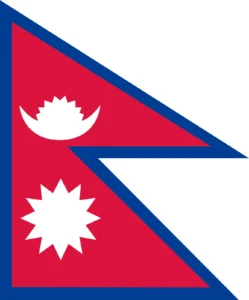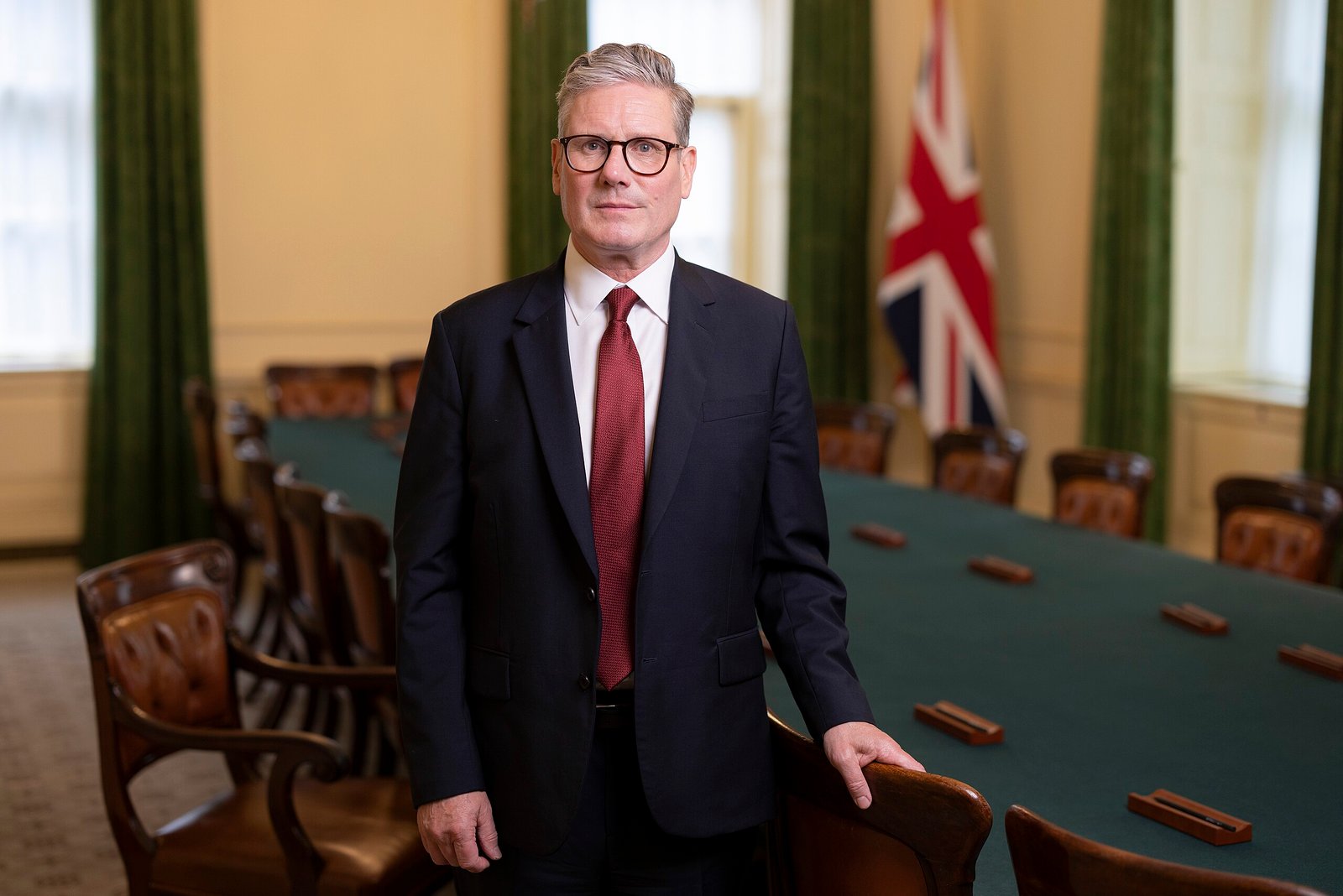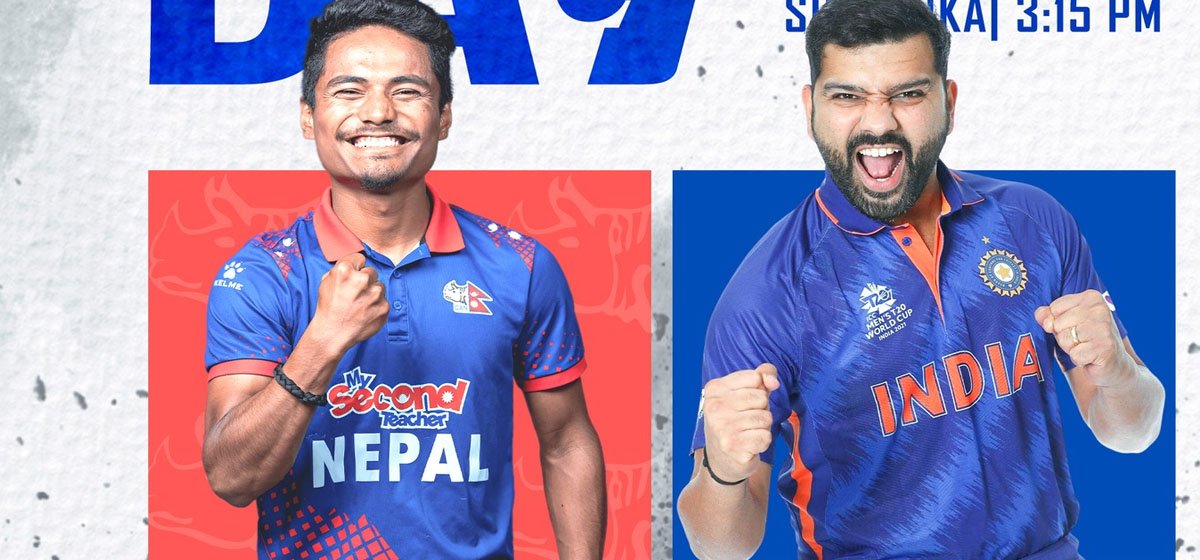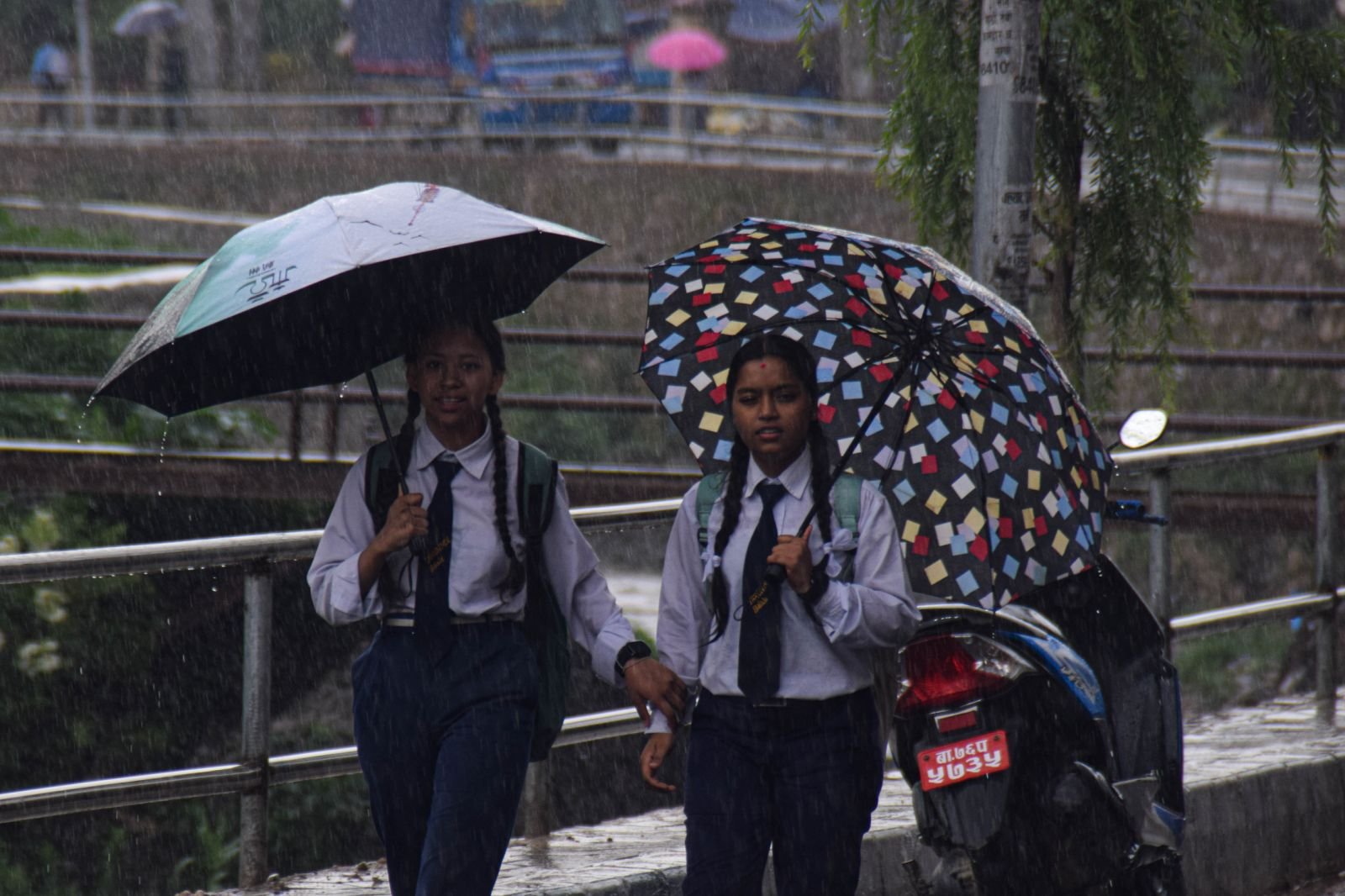
Kathmandu, July 19, 2025 — Nepal’s political climate is once again heating up as major party shifts and leadership tensions shake the coalition government led by Prime Minister KP Sharma Oli.Prime Minister Oli's coalition stands at its weakest point since formation, besieged by internal rebellion, public fury, and systemic governance failures. The convergence of economic stagnation, corruption scandals, and natural disasters has created a "polycrisis" that Oli's rhetorical bravado cannot mask (2012). As former Prime Minister Prachanda declared, this administration has "led the country toward failure," with Nepal's fragile democratic gains now hanging in the balance. The coming weeks will determine whether constitutional processes can contain this escalating turmoil or whether Nepal enters another period of prolonged political chaos.
JSP‑Nepal Pulls Out, Coalition Shaken
In a dramatic move, the Janata Samajbadi Party (JSP-Nepal) announced it is withdrawing support from the current government, accusing the Oli-led coalition of failing to deliver on promises of federalism, anti-corruption reform, and social justice.
This exit puts Oli’s grip on power in jeopardy and opens the door for new political negotiations—or possibly, fresh elections. “This government has not fulfilled its commitments to the people. We can no longer stand by silently,” said JSP leader Upendra Yadav during a press briefing.
Communist Unity: Realignment or Rhetoric?
Meanwhile, Bamdev Gautam, a long-time figure in Nepal’s leftist politics, made headlines by merging his splinter group, the Unity National Campaign, with the CPN (Unified Socialist) led by Madhav Kumar Nepal.
Their goal? Revive leftist momentum—but not at the cost of joining forces with CPN-UML, from which many of these leaders originally broke away.
Madhav Nepal firmly rejected any idea of reuniting with UML, stating the ideological differences remain too wide.
Monarchy Makes a Comeback in the Streets
In an unexpected twist, hundreds gathered in Kathmandu this week to mark ex-King Gyanendra’s 74th birthday, waving royal flags and chanting slogans calling for a return to the monarchy and a Hindu state.
Though Nepal has been a federal democratic republic since 2008, nostalgia for the monarchy appears to be rising, especially among citizens frustrated with political instability.
Youth Disillusionment Signals Deeper Crisis
While political parties argue over mergers and alliances, many young Nepalis are tuning out. A recent report shows Generation Z is increasingly disengaged from national politics, citing broken promises, corruption, and a lack of youth representation. “It feels like the same old faces playing the same old game. We want real change, not recycled slogans,” said Anup, a 22-year-old university student in Pokhara.
Scandal Strikes: Minister Resigns Over Bribery Allegations
The week also saw Federal Affairs Minister Raj Kumar Gupta step down amid serious bribery accusations. A leaked audio clip suggested Gupta had accepted illicit funds for political favors, prompting immediate backlash and calls for a wider investigation.

What This Means for Nepal.
Nepal’s political stage is shifting rapidly—with coalition breakdowns, left-wing realignments, street-level royalist support, and growing public distrust in leadership.
As the country grapples with inflation, climate challenges, and economic recovery, many fear that instability in Kathmandu could stall progress where it’s most needed—on the ground.
Stay with GurkhaInsight as we continue to follow this evolving story.



